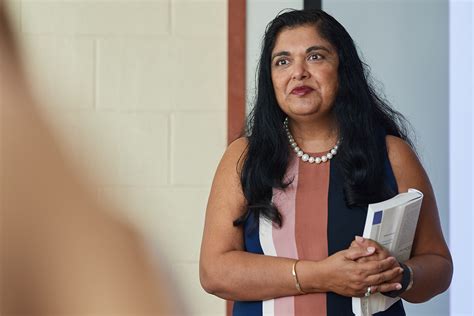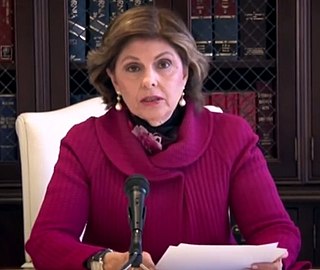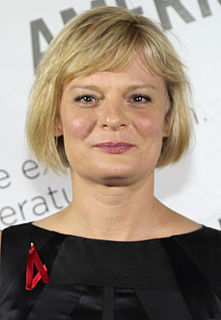A Quote by Nicholas D. Kristof
There could be a powerful international women's rights movement if only philanthropists would donate as much to real women as to paintings and sculptures of women.
Related Quotes
The backlash against women's rights would be just one of several powerful forces creating a harsh and painful climate for women at work. Reagonomics, the recession, and the expansion of a minimum-wage service economy also helped, in no small measure, to slow and even undermine women's momentum in the job market. But the backlash did more than impede women's opportunities for employment, promotions, and better pay. Its spokesmen kept the news of many of these setbacks from women. Not only did the backlash do grievous damage to working women C it did on the sly.
I think in a society where you can't even pass the Equal Rights Amendment, it's very difficult to women make a progress. Incidentally, we are exactly 160 years after the very first women's public rights convention in Seneca Falls, New York, when a handful of women started it all and began the movement to make women equal.
In less than a century we experienced great movement. The youth movement! The labor movement! The civil rights movement! The peace movement! The solidarity movement! The women's movement! The disability movement! The disarmament movement! The gay rights movement! The environmental movement! Movement! Transformation! Is there any reason to believe we are done?
It is a great problem for the true international agenda of human rights that the United States, uniquely among industrialised countries, has not ratified three main instruments, has not ratified the Covenant on Economic, Social and Cultural Rights, or the Convention on the Rights of the Child, or the Convention for the Elimination of Discrimination Against Women, and we could have so much richer a debate and dialogue on international human rights standards if the superpower would sign up to the agenda.
the last decade has seen a powerful counterassault on women's rights, a backlash, an attempt to retract the handful of small and hard-won victories that the feminist movement did manage to win for women. This counterassault is largely insidious: in a kind of pop-culture version of the Big Lie, it stands the truth boldly on its head and proclaims that the very steps that have elevated women's position have actually led to their downfall.
It's true that in a lot of western feminist movements, you see women working singularly from men. Suffragettes and the women's rights movement in the 60s here, but when I think of the Islamic feminist movement, I think of a lot of men who are very much standing with the women. It really feels like in equal numbers. Women are catching up in the field because we were not given access to knowledge and encouraged into these studies and so these men are helping us and empowering us. They are men of conscience who are fed up with this assumption that they're entitled.
The women's movement was just coming into being, and I got involved with Gloria Steinem and Bella Abzug and all these great women. We then got involved with Carter, who was running for president, and we created the first International Women's Conference or the National Women's Conference for Carter.
Marjan. I have told him tales of good women and bad women, strong women and weak women, shy women and bold women, clever women and stupid women, honest women and women who betray. I'm hoping that, by living inside their skins while he hears their stories, he'll understand over time that women are not all this way or that way. I'm hoping he'll look at women as he does at men-that you must judge each of us on her own merits, and not condemn us or exalt us only because we belong to a particular sex.
































